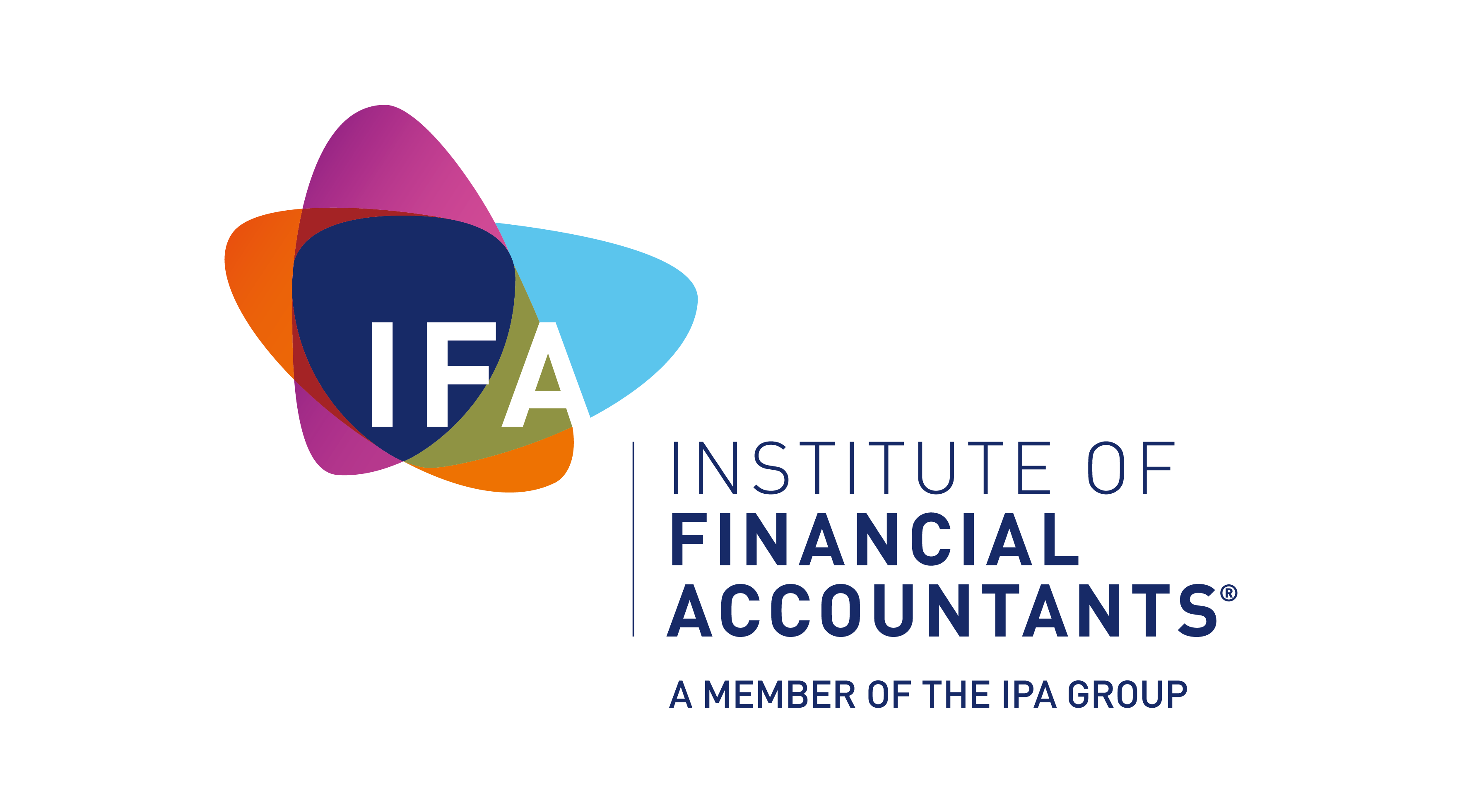Risk: circumstances where there might be high risk of money laundering or terrorist financing
The Money Laundering, Terrorist Financing and Transfer of Funds (Information on the Payer) Regulations 2017 (MLR17) requires the IFA to make available any information relevant to the firm's own firm-wide risk assessment.
We have identified a list of circumstances where there might be a high risk of money laundering or terrorist financing. This list includes:
- circumstances agreed by the accountancy professional body supervisors; and
- circumstances identified by the National Risk Assessment.
The risk of money laundering and terrorist financing is constantly evolving. Firms should regularly review this webpage to make sure they have identified all the areas relevant to their own business. The list is not exhaustive – you may identify other circumstances particular to your firm, where there might be high risk of money laundering or terrorist financing.
Customers
The following may suggest a high risk of money laundering or terrorist financing:
- undue client secrecy (e.g., reluctance to provide requested information); and
- unnecessarily complex ownership structures (including nominee shareholders or bearer shares);
- business activities: cash-based businesses; money service bureaus; arms dealers; and property transactions with unclear source of funds;
- foreign politically exposed person;
- new clients carrying out one-off transactions;
- rapid rate of turnover (i.e., trades for a short period of time, close down and then starts up as a new company);
- client is taking on work which is outside its normal range of goods and services;
- clients that are involved in transactions that don’t make commercial sense or involved in transactions where the source of funds is unusual or unknown;
- high net worth individuals;
- uncooperative clients;
- clients who: have known criminal convictions relating to the proceeds of crime and is on the terrorist list;
- the client’s lifestyle and/or transactions are inconsistent with known business and personal information;
- the client has multiple bank accounts or foreign accounts with no good reason; or
- the client has changed professional advisers a number of times in a short space of time without legitimate reasons, the service being requested was refused by another professional advisor without legitimate reasons or the customer is prepared to pay substantially higher fees than usual without legitimate reasons.
Countries or geographies
You should consider the following sources of information to determine those countries or geographies where money laundering or terrorist financing risk is high:
- financial sanctions listings
- countries identified by Financial Action Task Force as being high-risk jurisdictions
Products or services
The following products or services may be at high risk of being used for money laundering or terrorist financing:
- insolvency services;
- investment business;
- trust and company services;
- aggressive tax schemes;
- payroll services;
- probate and estate management; and
- accounting services where you are concerned that the underlying books and records may have been falsified.
Transactions
Most accountancy services do not involve the facilitation of transactions. However, the following areas may be at high risk of being used for money laundering or terrorist financing:
- client’s money bank accounts;
- directors loan accounts.
Delivery channels
If you provide services to your clients online, without meeting them, you may be at high risk of being used for money laundering or terrorist financing.
- undue client secrecy (e.g., reluctance to provide requested information); and
- unnecessarily complex ownership structures (including nominee shareholders or bearer shares);
- business activities: cash-based businesses; money service bureaus; arms dealers; and property transactions with unclear source of funds;
- foreign politically exposed person;
- new clients carrying out one-off transactions;
- rapid rate of turnover (i.e., trades for a short period of time, close down and then starts up as a new company)
- client is taking on work which is outside its normal range of goods and services;
- clients that are involved in transactions that don’t make commercial sense or involved in transactions where the source of funds is unusual or unknown;
- high net worth individuals;
- uncooperative clients;
- clients who: have known criminal convictions relating to the proceeds of crime; and is on the terrorist list;
- the client’s lifestyle and/or transactions are inconsistent with known business and personal information;
- the client has multiple bank accounts or foreign accounts with no good reason; or
- the client has changed professional advisors a number of times in a short space of time without legitimate reasons, the service being requested was refused by another professional advisor without legitimate reasons or the customer is prepared to pay substantially higher fees than usual without legitimate reasons.
